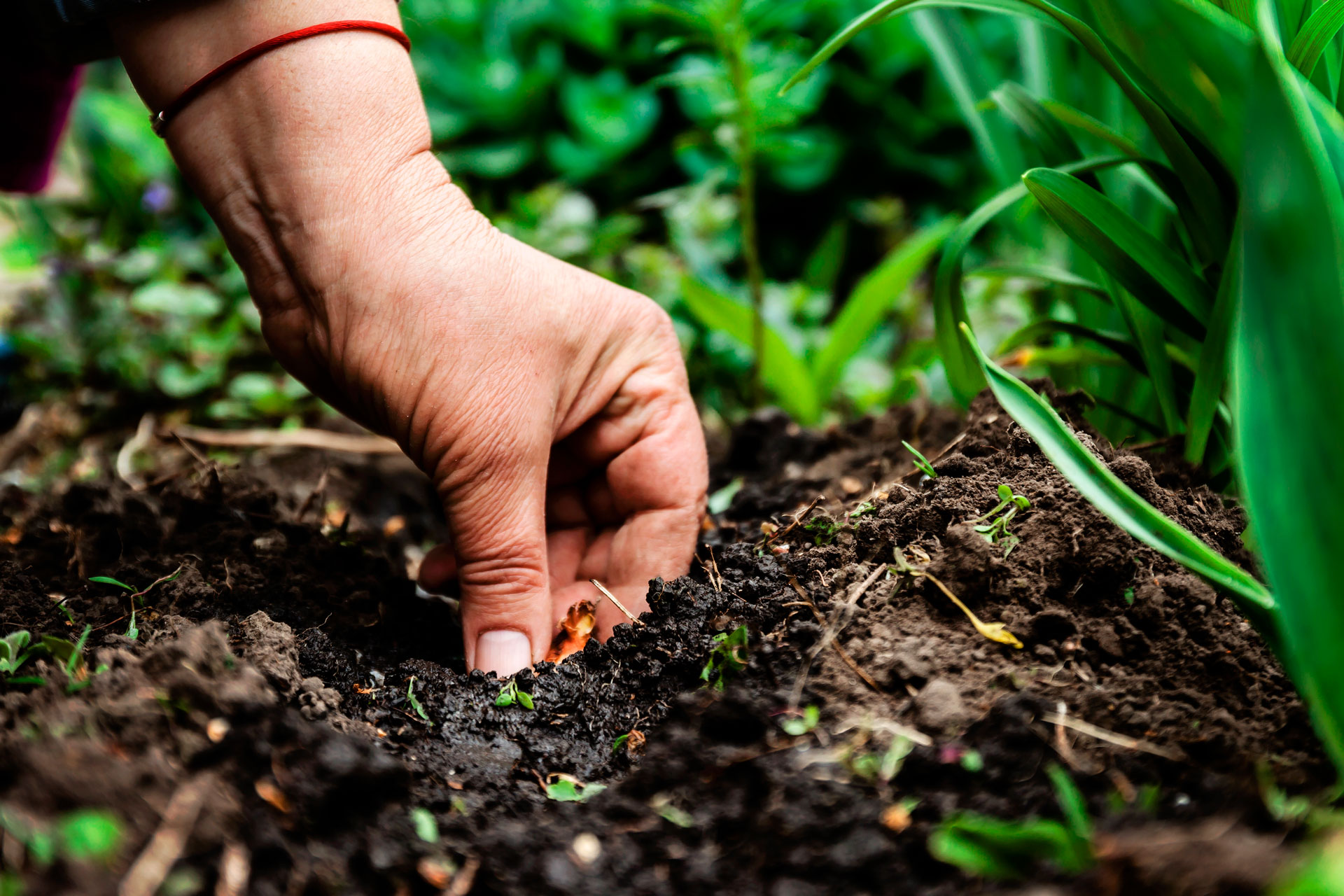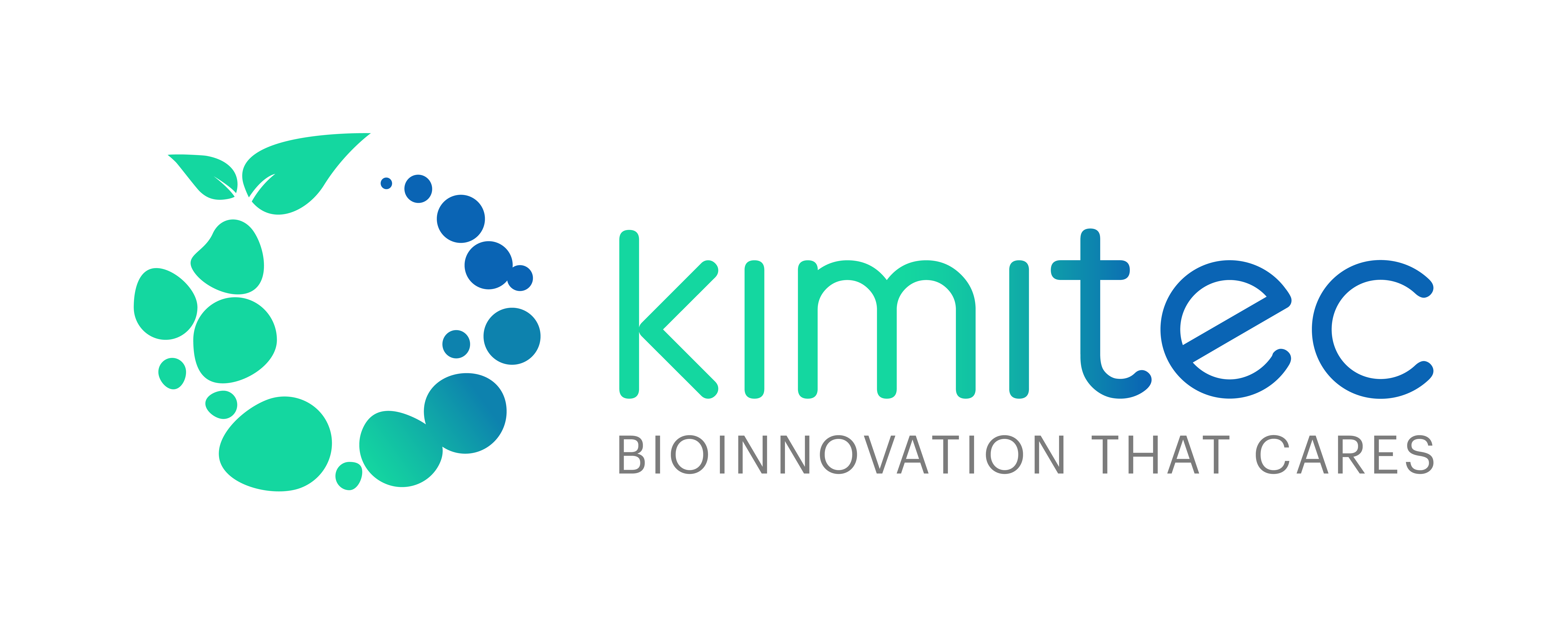Better crops to prevent cancer

Estimations show that, in 2020, more than 277,000 new cases of cancer will be detected in Spain. With such a terrible forecast, we can actually say that this is one of the most important health issues we face. Only in 2015, more than 1.6 million cases were registered in the United States. Although science is taking increasingly huge steps towards the creation of more efficient solutions to control or stop the development of some tumors, we haven’t found an effective cure yet. We do know, however, that we can take a preventive approach and eat well to avoid some types of cancer. To accomplish this, changes in our diet are not enough: it is equally important to choose healthy products grown under more natural conditions and completely free of chemical residues.
Research on the chemopreventive properties of food is one of the most thrilling current topics, not only in the nutrition sector, but also for the healthcare segment. Different studies have recently shown that our diet and the development of different types of cancer are closely related, as suggested by Pablo Campra in his study with gazpacho digestate in bowel cancer cell cultures through an in vitro model. Even though there’s still room for research and discovery, we know now for certain that some bioactive substances and nutrients contribute to the prevention of different types of cancer. For example, carotenoids help avoid breast, lung and rectal cancers, while organosulfur compounds serve as a barrier for gastric and kidney cancers, among others. But of course, we must never forget that they don’t completely exclude the possibility of suffering such an illness; they only reduce the chances to develop it.
Our diet and the development of different types of cancer are closely related
Prevention factors
Several aspects have a certain influence on cancer prevention. Sport is, no doubt, one of them. Exercising is the first thing to recommend, since it activates every health-promoting process that’ll help us face reliably the threat that cancer poses. While tumors depending on the individual’s genetic predisposition are scarcely influenced by external factors, there are others whose development can be accelerated by our specific diet. According to the Center for Disease Control in the United States, the most common types of cancer that highly depend on the way we eat are the colorectal, oral, laryngeal and pharyngeal cancers, among which just the first one will affect more than 45.000 people this year in Spain.
To have a proper chemopreventive diet, we must specially focus on three aspects:
- We shouldn’t stick to a specific food or substance. The National Cancer Institute points out that, although years ago people tried to tackle this problem with dietary supplements, nowadays we value more a well-balanced healthy full diet where all elements contribute to provide benefits to our organism without altering it.
- We should bring beneficial foods to the foreground. According to The World Cancer Research Fund, any chemopreventive diet should include whole grains, varied fruits, non-starchy vegetables (celery, turnips, carrots, artichokes…) and a reduced consumption of dairy products, red meat and processed meat. This kind of diet helps, additionally, to lose weight and avoid obesity, which is another cause for cancer.
- It’s not only the type of product that matters, but also how it was grown. 50 or 60 years ago, chemopreventive properties in fruits and vegetables were much higher than nowadays. That loss in quality is partially due to the intensive farming model that targets high production instead of high quality. The use and abuse of chemicals, such as fertilizers and synthetic pesticides, have reduced the amount of nutrients and left residues that, in some cases, have proven to be dangerous for human health.
50 or 60 years ago, chemopreventive properties in fruits and vegetables were much higher than nowadays
Here, at Kimitec, we strongly believe that going back to the positive, healthy practices from traditional agriculture would contribute to and promote the development of beneficial nutrients. And we can accelerate the process by using pre- and probiotics that help boost the development of valuable elements in the soil, those that were lost due to the abusive practices of intensive agriculture and the use of chemical disinfectants that help farmers increase productivity. We want to incentivize natural crops that are, at the same time, more efficient and produce fruits, vegetables and cereals capable of preventing cancer. To do it, we focus our efforts not only on the diet, but also on what goes before. It’s important to activate beneficial elements in plants, so that they start producing fruits of a much higher quality.
Let’s just not stick only to healthier practices. We have the right to demand (and we can actually get) better products. Our health depends on it.
